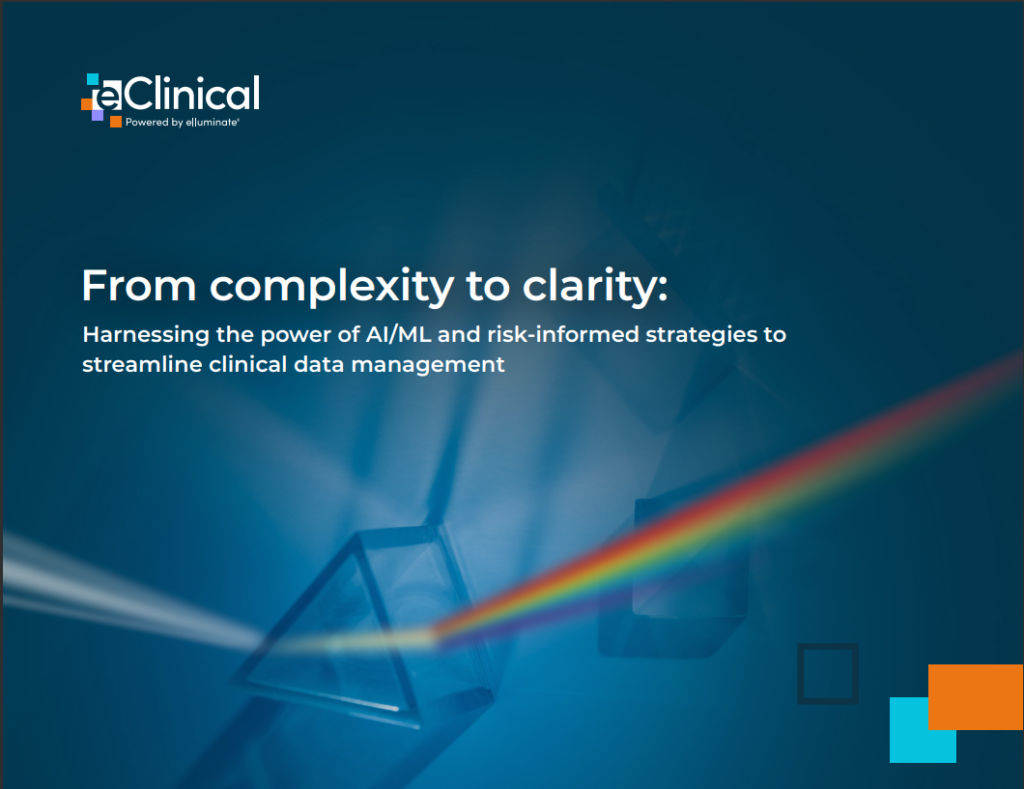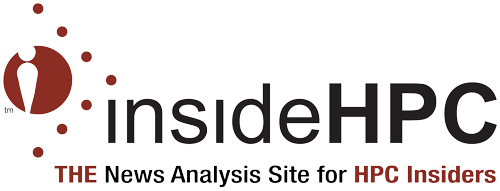The open source community has long thrived on a spirit of collaboration and innovation, breaking down barriers in software development and fostering a culture of sharing and openness. However, the involvement of commercial providers in this space has sparked a heated debate, with some voices in the community painting these entities as villains.
With over 90% of businesses relying on open source software to build their products and keep them running, this article debunks such myths and explores the nuanced relationship between open source projects and commercial providers.
Myth: Commercial Providers Stifle Open Source Innovation
One of the most pervasive myths is that commercial entities hinder open source innovation. Critics often argue that these companies impose proprietary standards or prioritize profit over community welfare. However, this view overlooks many commercial providers’ significant investments in open source. Companies like Red Hat, Google and Microsoft have contributed immensely to developing and maintaining open source projects. Their financial and technical resources can accelerate innovation, bring stability and ensure the longevity of projects that might otherwise struggle for funding and support.
Myth: Commercial Providers Only Take and Don’t Give Back
The misconception that commercial entities solely exploit open source software without reciprocating is overly simplistic and often inaccurate. In reality, a significant number of these companies actively engage in nurturing the open source community. Their contributions manifest in various forms, including direct code contributions to open source projects, financial support and sharing of technical expertise. These companies recognize the symbiotic relationship between their business interests and the health of the open source ecosystem. By investing in these communities, they not only enhance the software they rely on but also foster a vibrant, innovative environment that benefits the wider community. This engagement demonstrates a commitment to the collaborative spirit at the heart of open source, ensuring its sustainability and evolution.
Myth: Commercialization Leads to Loss of Control
Another common concern is the fear of losing control over open source projects to commercial interests. While it’s true that corporate involvement can influence project directions, it doesn’t necessarily lead to a loss of control for the original creators or the community. Open-source licenses and governance models are designed to maintain a balance, ensuring that no single entity, commercial or otherwise, can monopolize the project. Furthermore, the open source community’s ethos and practices act as a robust defense against undue influence.
Myth: Open Source and Commercial Interests are Inherently Incompatible
This myth stems from a misunderstanding of open source principles and the realities of the software industry. Open source does not inherently oppose commercialization; it promotes freedom in software use, modification and distribution. Many successful open source projects have thrived under a model where commercial entities provide paid services, support or enhancements while keeping the core software free and open. This symbiosis can lead to sustainable business models that benefit both the open source community and commercial providers.
Also, commercial providers could offer significant value-add on top of open source such as MySQL, which allows and enables open source solutions to compete on the higher end of the market against the pure commercial solutions at much lower TCO point. In this sense commercial providers can expand in a symbiotic fashion the open source reach in the areas base level open source solution otherwise would not be able to get into.
We should accept that there are pure open source solutions, commercial open source solutions, and commercial solutions augmenting open source solutions. Each of these play their own important role to provide more complete solutions.
Myth: All Commercial Providers Prioritize Profit Over Community
Generalizing commercial providers as purely profit-driven is an oversimplification. Numerous companies engage with open source projects out of strategic interest but also due to a genuine belief in open source values. They contribute to the community, respect open source licenses and engage in ethical business practices that align with open source ethos.
The relationship between open source communities and commercial entities is multifaceted and complex. On the one hand, there is a traditional view that commercial interests might undermine the foundational principles of open source, emphasizing collaboration, transparency and free access. However, this perspective overlooks the significant contributions that many commercial organizations make to open source projects. These companies often provide essential funding, resources and expertise that can accelerate development, improve quality and broaden the reach of open source software.
Commercial involvement can also lead to more sustainable open source projects. By investing in these initiatives, companies enhance their product offerings and contribute to the overall health and longevity of the open source ecosystem. This symbiosis can drive innovation as open source projects benefit from commercial insights while companies gain from open source’s rich, collaborative environment.
Maintaining a vigilant approach is essential to ensure that the core values of open source are not compromised. The open source community must continue to advocate for transparency, inclusivity and free access, even as they engage with commercial interests. The ideal future of open source is one where these diverse interests coalesce around a shared goal of fostering innovation, ensuring freedom and creativity in software development and providing robust, sustainable solutions that serve the wider community and end-users. Maintaining this balance is critical to the continued growth and relevance of the open source movement.
About the Author

Eero Teerikorpi is the founder, CEO and chairman of the board of Continuent, a leading provider of solutions for business-critical applications using MySQL databases, including cluster management, data replication, and connectivity. Eero’s career spans more than 30 years and includes founding seven technology companies along with playing a significant role in the development and growth of MySQL. Continuent is based in the San Francisco Bay Area.
Sign up for the free insideAI News newsletter.
Join us on Twitter: https://twitter.com/InsideBigData1
Join us on LinkedIn: https://www.linkedin.com/company/insidebigdata/
Join us on Facebook: https://www.facebook.com/insideAI NewsNOW





Speak Your Mind